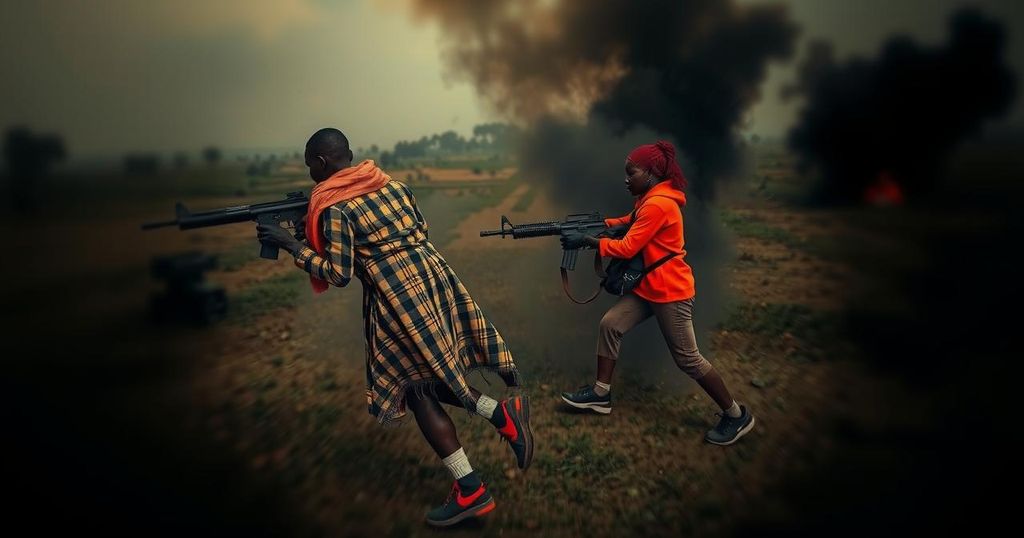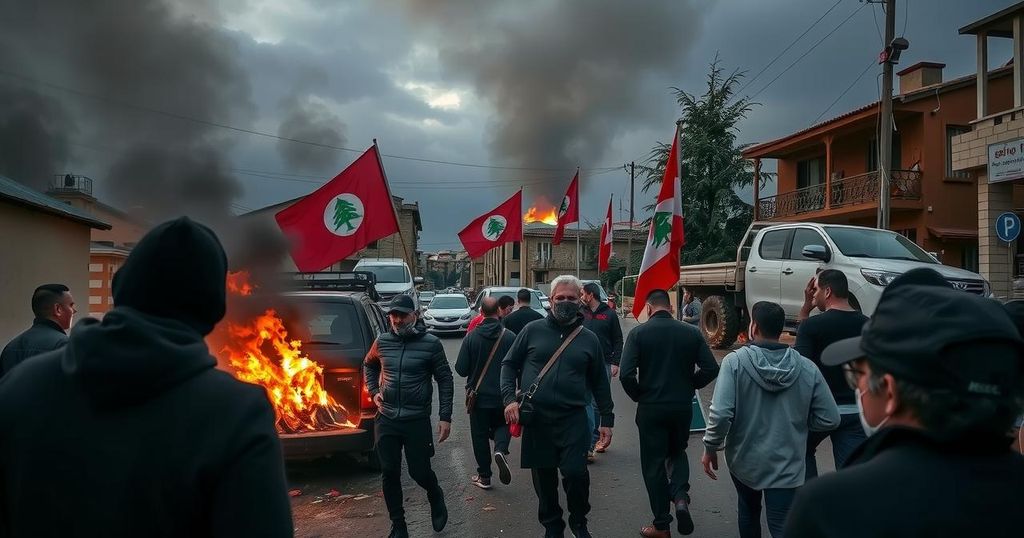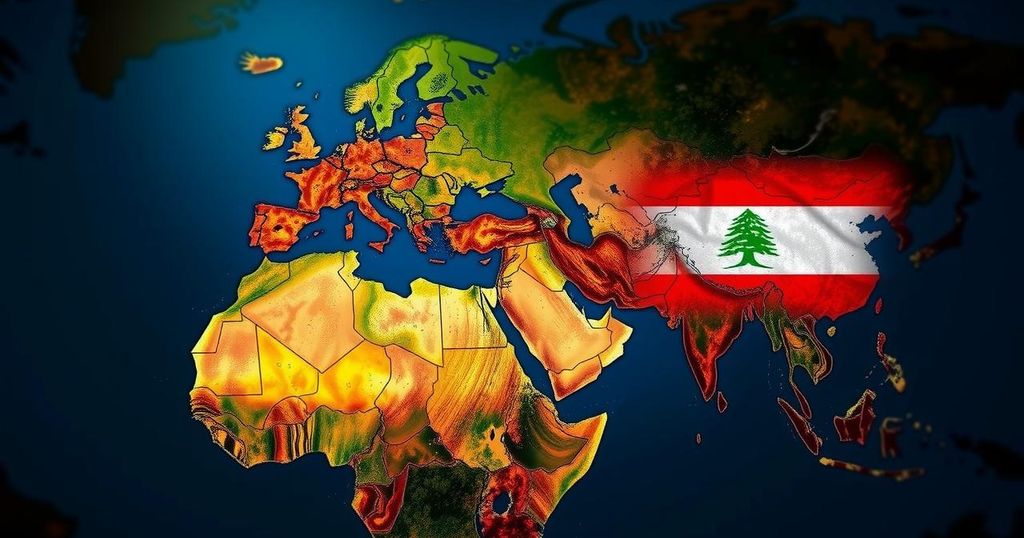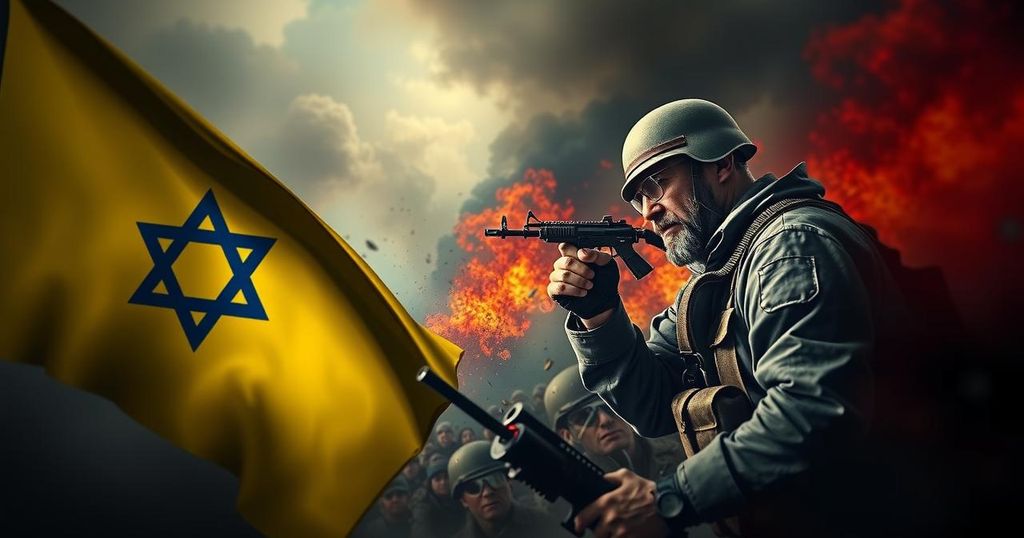Escalating Crisis: The Humanitarian Catastrophe in Sudan’s Civil War
Sudan is grappling with a dire humanitarian crisis resulting from an 18-month civil war between military factions. UN Secretary-General Antonio Guterres condemned external influences that exacerbate the conditions for millions, heightening fears of regional instability. The ongoing violence has seen around 200,000 deaths, widespread displacement, and alarming food insecurity. Calls for an independent peacekeeping force to protect civilians underscore the urgent need for international intervention.
An emergency meeting of the United Nations Security Council convened to address the dire humanitarian situation in Sudan, yet produced no actionable solutions to halt the ongoing conflict or assist those affected. Secretary-General Antonio Guterres highlighted that the Sudanese populace is enduring relentless violence, hunger, and dislocation, with grim reports of mass murders and sexual violence emerging, particularly in the Gezira region. Guterres emphasized that the involvement of external powers exacerbates the crisis, further entrenching hunger and disease among millions while raising alarms about potential regional destabilization. The crisis intensified after hostilities erupted in April 2023 between two military factions: the Sudanese Army, led by General Abdel Fattah al-Burhan, and the paramilitary Rapid Support Forces (RSF), commanded by Mohamed Hamdan Dagalo, known as Hemedti. A recent UN investigation implicated both factions in war crimes, including assaults on civilians. Following Guterres’ warnings of “mass killings,” the UN has called for establishing an independent peacekeeping mission to protect civilians. The RSF, which has captured significant territory, including much of the capital Khartoum, has received support from various international entities as has al-Burhan, creating a complex network of alliances that reflects deeper struggles over resources. This power struggle not only fuels internal conflict but also portends broader crises within the region, potentially leading to the fragmentation of the country and increased tensions with neighboring states. Tragically, estimates suggest that around 200,000 individuals may have succumbed to the conflict, with nearly 11 million displaced. Areas like Zamzam camp report alarming starvation rates, prompting the UN’s alarming famine declaration. The deteriorating health crisis, compounded by damage from heavy rains and flooding, has resulted in widespread cholera outbreaks, putting more lives in jeopardy. Furthermore, rising food prices and restricted humanitarian access have deepened food insecurity, impacting 25 million of Sudan’s population. The geopolitical significance of Sudan cannot be understated, given its strategic location in the Horn of Africa, bordering multiple tumultuous nations and serving as a conduit for vital trade. However, the rampant acquisition of land by Gulf states for food production has led to violent land clearances and aggravated conflicts over resources. Without intervention, this turmoil may further destabilize not only Sudan but the surrounding region, inhibited by the inability of global powers to mediate effectively between internal factions amid conflicting interests. The findings from September’s urgent discussions underscore a grim outlook for Sudan as the ongoing violence drags into a second year. The world’s powers must acknowledge their roles in perpetuating this humanitarian crisis and take immediate steps to alleviate the suffering of the Sudanese people, as the consequences of inaction grow ever more dire.
The civil war in Sudan, marked by brutal fighting between military factions, has precipitated one of the worst humanitarian crises in recent history, with dire implications for millions of Sudanese and regional stability. Rooted in economic interests, external influences have compounded the conflict, further entrenching divisions and suffering among the population. Humanitarian agencies have reported widespread starvation and displacement, creating a complex situation that demands urgent international attention and intervention. Understanding the historical and political context is essential to grasp the scale of this calamity and the pressing need for actionable solutions that prioritize civilian safety and humanitarian relief.
To conclude, Sudan faces an unprecedented humanitarian crisis stemming from a protracted civil war fueled by external interventions and internal power struggles. With mounting casualties, widespread starvation, and escalating violence across the nation, it is imperative for the global community to recognize their role in this turmoil and mobilize resources towards a sustainable resolution. The need for humanitarian aid and long-term peacekeeping efforts becomes increasingly urgent as the situation continues to evolve dangerously, threatening the stability of the Horn of Africa.
Original Source: www.wsws.org








Post Comment